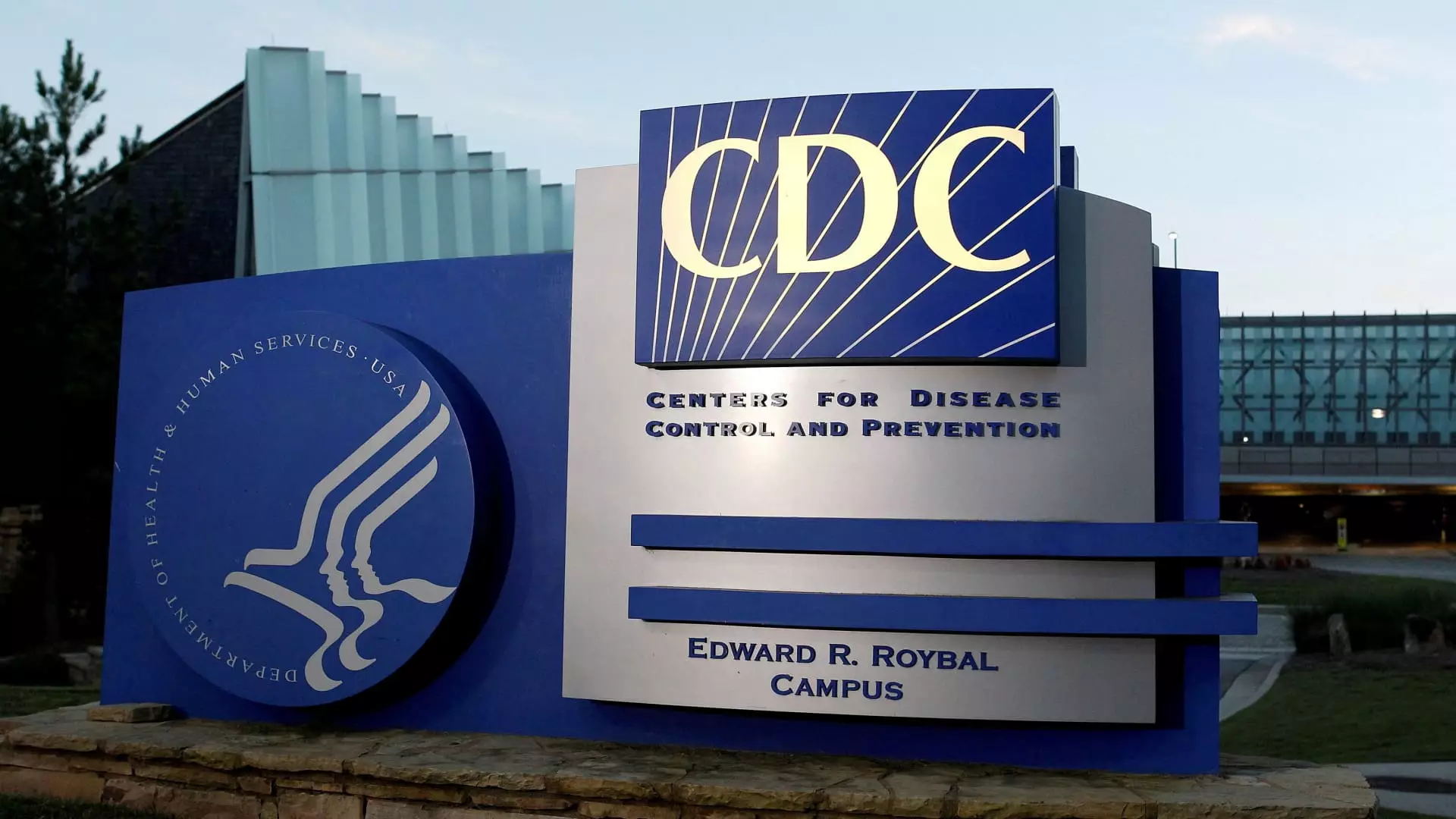The recent reshuffling of the Advisory Committee on Immunization Practices (ACIP) by Secretary of Health and Human Services Robert F. Kennedy Jr. marks a pivotal moment in the United States’ public health landscape. By hand-picking several controversial figures who have openly questioned the efficacy and safety of vaccines, Kennedy instigates a dangerous conversation around vaccination that veers into skepticism and misinformation. In a political climate already rife with confusion and division, this alarming shift could have irreversible consequences for public health and safety.
Risky Business: The Manipulation of Public Trust
Kennedy’s decision to replace ACIP members with self-professed vaccine skeptics raises red flags about the intention behind such a move. The ACIP has traditionally served as a rigorous platform for evidence-based health recommendations, guiding both policymakers and the public in immunization decisions. However, with individuals like Dr. Robert Malone and Retsef Levi—who have cultivated a following on dubious claims about vaccines—gracing its roster, the credibility of this vital committee is perilously at stake. By placing known critics in key positions, the government appears to be fostering an environment conducive to misinformation rather than protecting public health.
Dr. Kulldorff’s assertion that “vaccines are not all good or bad” reflects a serious misunderstanding of the consensus within the scientific and medical communities regarding vaccine safety. This nuance may seem reasonable at first glance, yet it can dangerously sow doubt in a populace already skeptical of public health guidelines. Skepticism is one thing, but the outright dismissal of scientific consensus, particularly during a global pandemic, challenges not just the validity of the committee’s future recommendations but also endangers the health of our communities.
Examining the Motivations: Are They Truly Transparent?
While it’s essential to include a range of voices in health discussions, the motivations of Kennedy’s appointees deserve rigorous scrutiny. The presence of individuals like Vicky Pebsworth, who openly admits to owning stock in healthcare companies—including vaccine manufacturers—casts a shadow over the motivations behind their participation. Even if she claims her holdings do not constitute a conflict of interest according to government standards, the perception alone may erode public trust in the decisions being made.
Concerns about vaccine safety and effectiveness are valid and should be discussed; nonetheless, discussions must root themselves in evidence and become part of the solution rather than sensationalism. When public representatives intertwine their financial interests with health policy, it creates a toxic environment that can leave the public questioning whether their best interests are being prioritized.
Health and Science: Misinformation in the Spotlight
The ACIP, historically a beacon of professional expertise, finds itself navigating treacherous waters. With voting on critical vaccines like RSV and the flu looming, skepticism about the committee’s motives is inevitable. As these newly appointed members bring their skepticism to the table, one must ponder: Will they prioritize thorough scientific review, or will they endeavor to sway the committee’s recommendations to align with their pre-existing beliefs regarding vaccines?
History has shown that misinformation about vaccines can lead to serious public health ramifications, including a decline in vaccination rates and the resurgence of preventable diseases. As ACIP convenes in Atlanta to deliberate on crucial recommendations, the chilling possibility exists that the very fabric of public health could be compromised by people who operate from a place of skepticism rather than sound science.
The Road Ahead: Navigating a New Era in Public Health
As the committee scrutinizes data on COVID-19 vaccines and RSV shots, the fear persists that their evaluations could reflect bias rather than rigorous inquiry. A once-respected institution will now be scrutinized for possible agendas driven more by personal beliefs than by a commitment to evidence-based medicine.
The implications of this shift reverberate far beyond Atlanta. They may redefine how vaccines are perceived and utilized across the nation, potentially emboldening a movement grounded in distrust and misinformation. If left unchecked, this could lead to a significant public health crisis, compromising the health of countless individuals who depend on vaccines for protection against infectious diseases.

